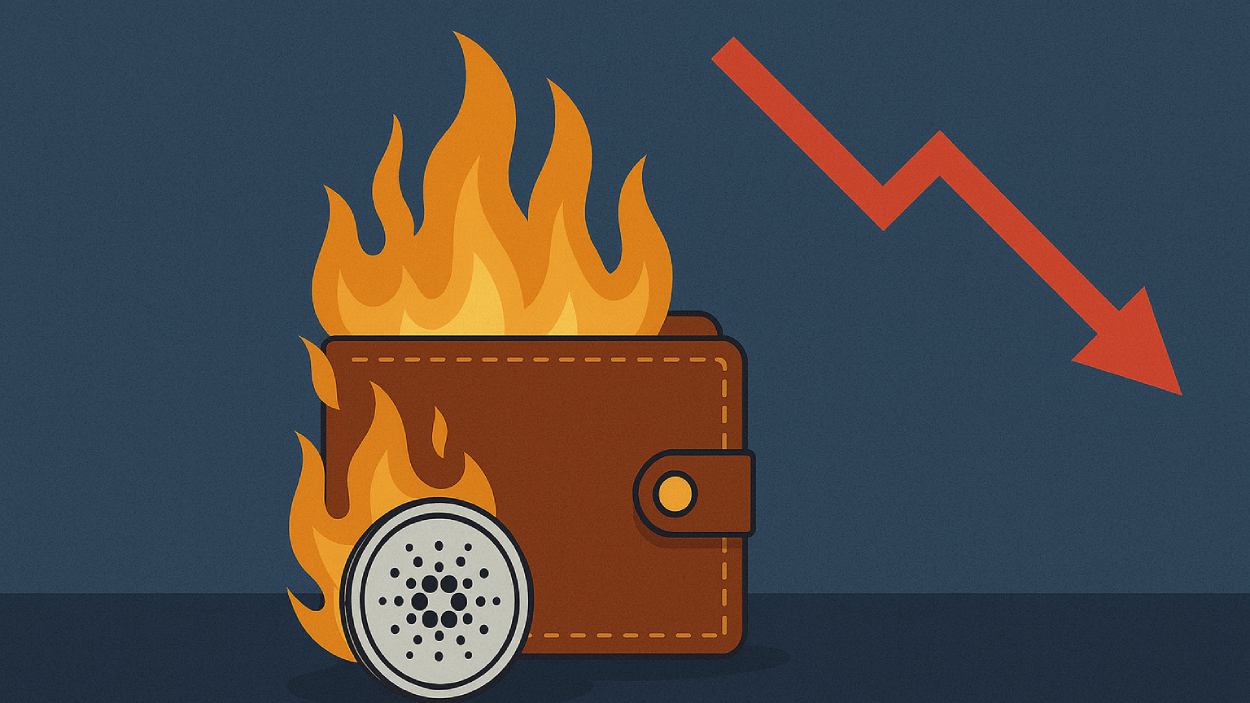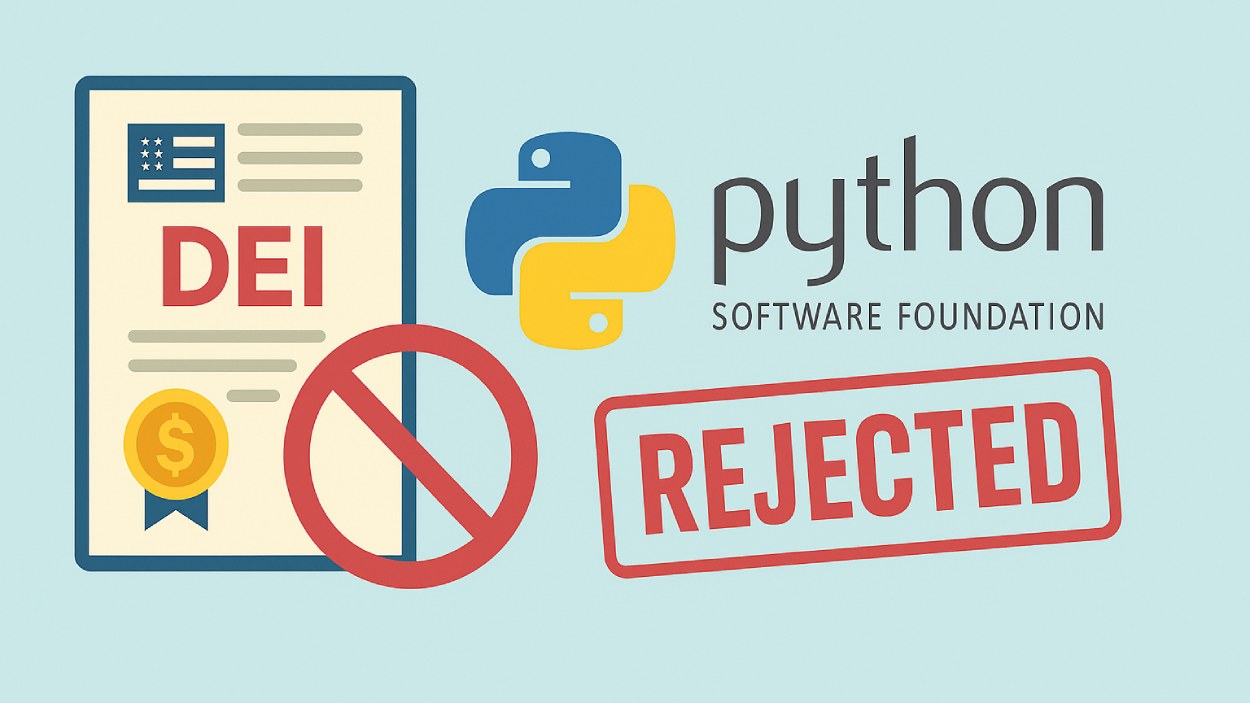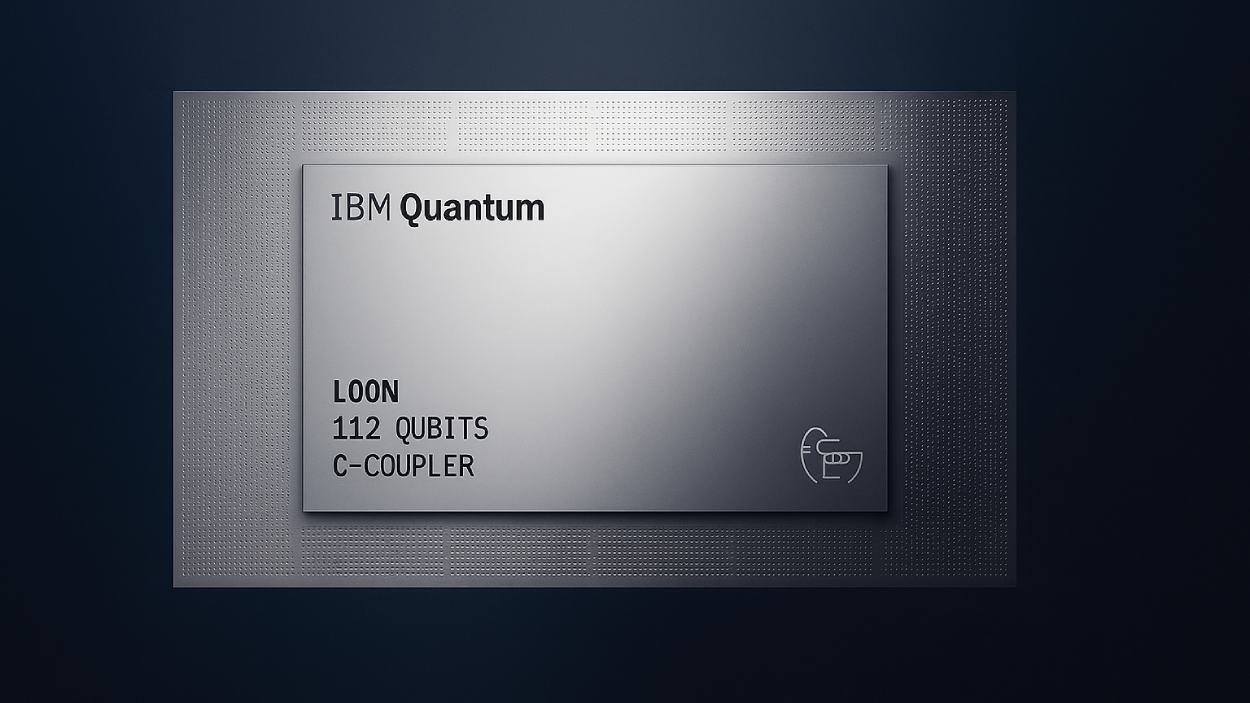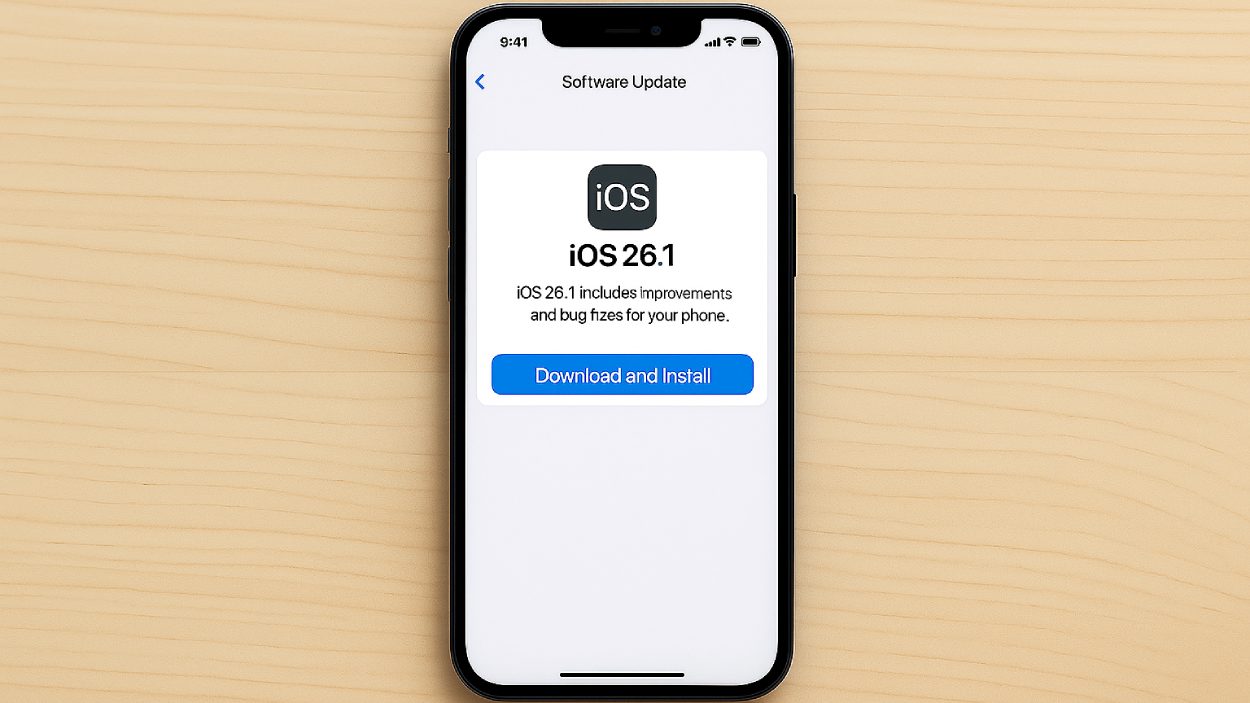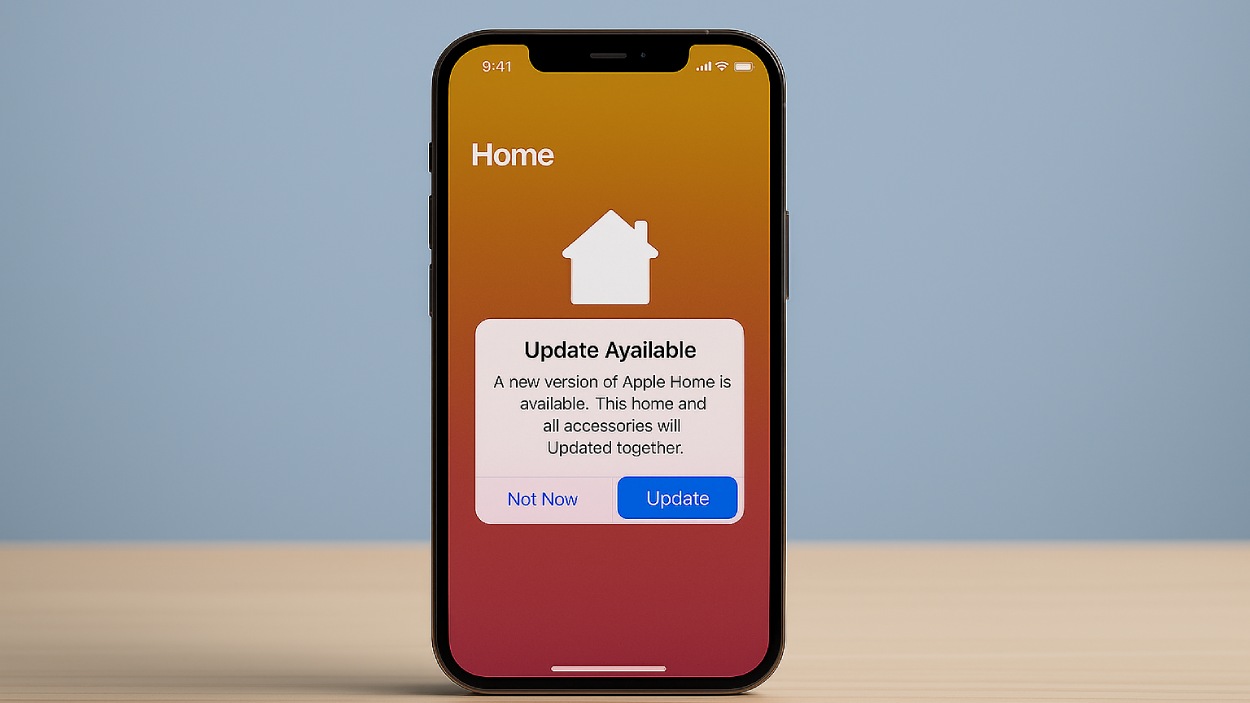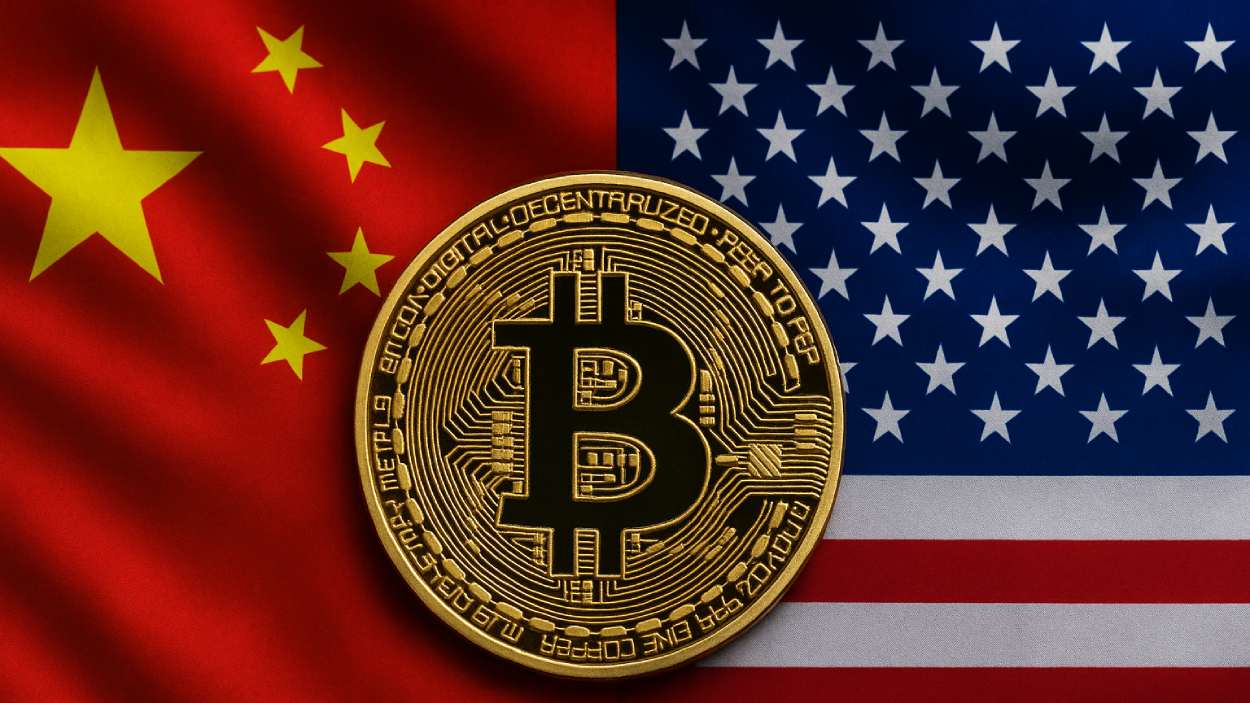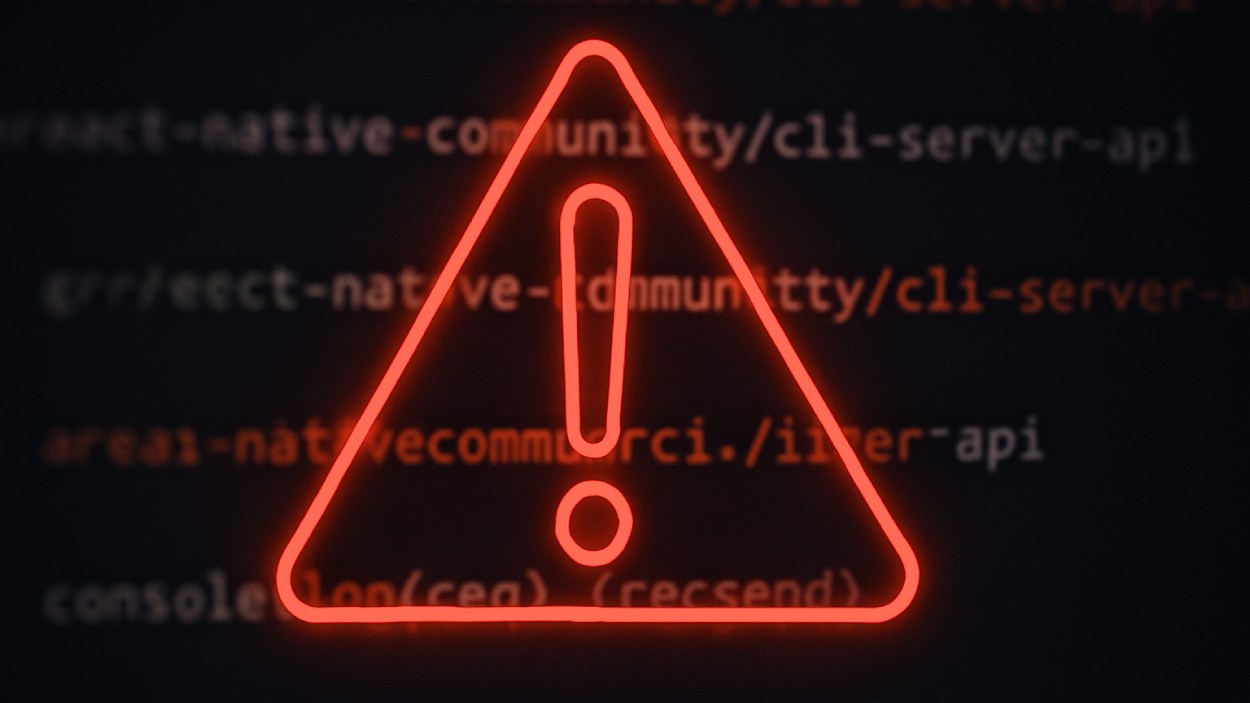A Cardano wallet inactive for five years reawakened only to suffer a massive $6 million loss in a single failed transaction.
Quick Summary – TLDR:
- A dormant Cardano wallet swapped 14.4 million ADA for just 847,695 USDA, losing roughly 90 percent of value.
- The trader used a low-liquidity pool, causing extreme slippage and pushing USDA’s price far above its peg.
- The incident was flagged by blockchain sleuth ZachXBT, revealing the test transaction made seconds earlier.
- This case highlights how technical mistakes and illiquid pools can destroy even long-held crypto portfolios.
What Happened?
A wallet on the Cardano blockchain, untouched since 2020, became active again only to lose nearly $6.05 million in one poorly executed trade. The wallet swapped 14.4 million ADA, valued at around $6.9 million, for just 847,695 USDA, a lesser-known stablecoin in the Cardano ecosystem.
According to @zachxbt, a Cardano holder swapped 14.4M ADA ($6.9M) for 847K USDA (Cardano stable pegged to USD) two hours ago and lost $6.05M due to low liquidity causing the price to sharply spike temporarily. Previously the funds sat dormant for ~5 years
— Vladimir S. | Officer’s Notes (@officer_secret) November 16, 2025
Address:… pic.twitter.com/k4axZaLkMJ
Dormant Wallet Awakens to Disaster
The wallet, first identified by blockchain investigator ZachXBT, had not been used since September 2020. Its first activity after years of silence was a small test transaction, swapping 4,437 ADA into USDA. Just 33 seconds later, the wallet pushed through the full trade, instantly executing at a wildly inflated rate.
- At the time of the trade, USDA’s price spiked to as high as $1.26, according to CoinGecko data.
- Some reports noted USDA surged briefly to $70 on thin liquidity before dropping back to about $1.04.
- The effective exchange rate was over $8 per USDA, far above the token’s intended $1 peg.
- The entire transaction turned a $6.9 million ADA stack into less than $850,000 in USDA.
The Perils of Illiquid Pools
The core mistake? Using a low-liquidity decentralized exchange pool for a large swap. The order size was simply too big for the available liquidity, creating an extreme slippage event that distorted USDA’s price and executed at a grossly unfavorable rate.
- USDA’s market cap is just $10.6 million, which adds to its vulnerability in low-volume pools.
- The wallet had no prior history with USDA, making it unclear whether the swap was intentional or accidental.
- On-chain experts suggest a fat-finger error, or even confusing similar USD-labeled tickers, could have led to the mistake.
A Costly Missed Opportunity
Back in 2020, when this wallet last made a move, ADA was trading around $0.095. Holding on to those 14.4 million ADA until now had increased their value by over 422 percent. Yet, one unverified swap erased all those gains.
The tragedy isn’t just in the loss, but in the missed reward. The dormant whale essentially gave up five years of HODLing benefits in under a minute due to a failure in trading best practices.
Similar Errors Show the Risks of Automation
This is not the first time crypto traders have suffered due to technical or execution blunders:
- In October, stablecoin issuer Paxos accidentally minted 300 trillion PYUSD in an internal mistake.
- A previous Ethereum user once paid over $700,000 in fees to move nothing.
- In all these cases, the losses were either irreversible or took time to fix, with lingering market effects.
Crypto trading can be unforgiving. Whether from human error, poor UI design, or platform limitations, once a transaction is confirmed on-chain, there’s no undo button.
SQ Magazine Takeaway
I can’t help but feel for the wallet owner. Imagine waiting five years, watching your investment grow fourfold, only to fumble it all in 30 seconds. This is a hard lesson in why liquidity checks, slippage settings, and double verification are non-negotiable in DeFi. Crypto rewards patience, but it punishes haste. Please, if you’re trading size, always use platforms and pools that can handle it. No one wants to be the next $6 million mistake.

